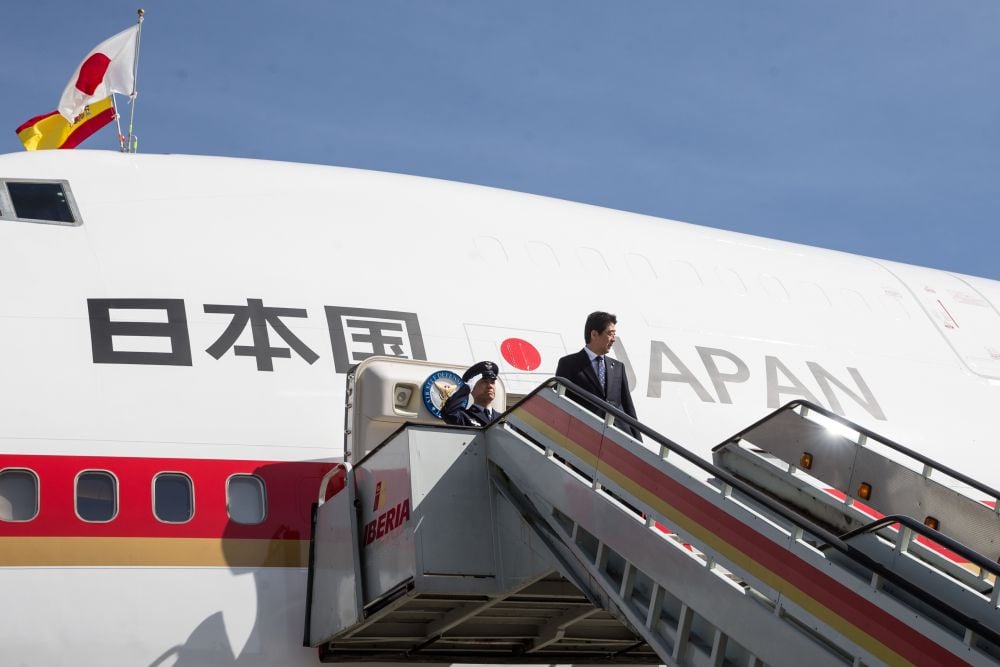 |
|
Chinese companies are ready to go public and eager to attract investment from a global audience, so much so that a backlog of initial public offerings (IPOs) are waiting to hit the exchanges. Traditionally, Chinese companies have looked to domestic bourses in Shanghai or Shenzhen, or have travelled next door to finance-focused Hong Kong. But increasing regulatory pressure in Hong Kong and the effective closing of the IPO market in China has left some companies looking for alternative listing destinations.
Though Chinese company Alibaba made high-profile waves when it launched its IPO in the United States, raising US$25 billion in 2014, a spate of Chinese companies have recently delisted from the Nasdaq and are looking at their financing options. With a shadow cast over traditional listing destinations, what new platforms should aspiring IPO companies choose today?
Should IPOs still go to China, Hong Kong or the US?
According to Thomson Reuters data, Chinese companies raised US$23 billion in the first six months this year through stock market listings. However in recent months the shine has come off the Mainland markets: the Shanghai Stock Exchange has declined by 30 percent since mid-June.
Illegal short sellers were suspected of causing the stock market crash. In order to right the crashing stock market, the government has enacted a series of measures intended to reverse the slide, including putting new company listings on hold. That means companies left in the cold by the IPO freeze will have to look outside of China for financing to grow their businesses.
What other options are available? Across the border, Hong Kong has been struggling to find a gigantic IPO. It’s not for lack of effort; the HKEx spent almost a year in talks with Alibaba. At issue was Alibaba’s desire to retain their dual-class share structure. The Securities and Futures Commission (SFC) felt that Alibaba’s structure violated Hong Kong’s ‘one-share-one-vote principle’.
Meanwhile the United States’ listing rules, make it quite a task for Chinese companies to successfully list there. In addition, changes in market conditions and investor sentiment has prompted companies to reassess their listing status on the NYSE or NASDAQ. In the past two years, mobile gaming companies Shanda Games, Perfect World Co. and Giant Interactive Group have delisted, as did internet content provider LeShi (or LeTV). In June of this year, six US-listed Chinese internet companies announced plans to go private, allowing them to explore other financing channels to support their massive growth plans.
So in spite of some recent favourable regulatory changes announced by Beijing to make it easier to list at home, Chinese firms will have to continue seeking opportunities on other bourses. This means enormous opportunities for markets like the UK to lure Chinese IPOs out of Asia.
The London Stock Exchange (LSE) has a venerable 200+ year history, with a mature regulatory and legal framework. While UK listed companies must comply with high standards of corporate governance, they aren’t required to follow requirements of the US’s Sarbanes-Oxley Act, which imply higher listing expenses.
The LSE is eager to attract Chinese companies. It has signed partnerships with some of the largest Chinese state-owned banks to build its RMB-denominated products and is now active in yuan trading. The LSE’s strategy has been to leave mega-sized Chinese IPOs to the US, opting to attract smaller Chinese companies in emerging sectors, opening an alternative financing channel for some of the fast growing sectors in the world.
However there are challenges to listing in London instead of other domiciles. Investors can be sceptical of corporate governance standards and the ownership of Chinese companies. Institutional investors are wary of the transparency and governance of many growing Mainland companies and are waiting for them to catch up to international standards.
Companies can aim to satisfy all the requirements by using dual locations to register their listing. With the ability to trade shares directly through CREST (a UK-based central securities depository and an approved jurisdiction for listing on the HKEx), Jersey is a leading international finance centre used for such listing. For example Glencore International used a Jersey holding company for their landmark IPO on the LSE and HKSE in May 2011. The Glencore International listing was the first ever simultaneous London primary and Hong Kong secondary IPO. Approximately 20% of Chinese companies listed on AIM (a sub-market of the LSE) are now incorporated in Jersey. With the difficulties currently being seen in their home markets, Chinese firms are likely to find such routes increasingly attractive.
No standard formulae to choose where to list
Chinese companies and their owners must weigh many considerations when they decide where to list. With strong ties to China, Hong Kong has been well positioned to tap one of the world’s fastest growing economic powerhouses. The main US stock exchanges still provide brand recognition and unparalled liquidity as well as a strong trading infrastructure and sophisticated secondary trading market.
But if they are truly to make the most of the global markets, they should make a wise choice of where the listing holding companies register. The associated fund structure, the owner’s private wealth management and tax arrangements, will have an impact on the listing application.
As global market conditions change, we’ve seen more companies consider the LSE as a listing destination. The LSE provides a high level of investor protection and has cultivated a strong community of experienced and sophisticated financial professionals. Jersey continues to be a vital partner for firms considering such a route.
In the end, there are attractions to each exchange. Companies must choose which exchange they list with according to their business strategy, not just for now but from a longer term perspective.
Geoff Cook is CEO of Jersey Finance, which promotes Jersey’s finance industry









